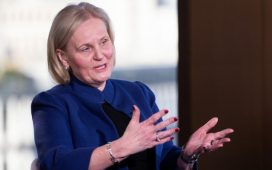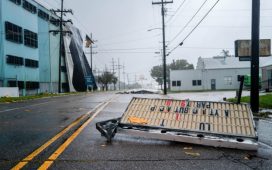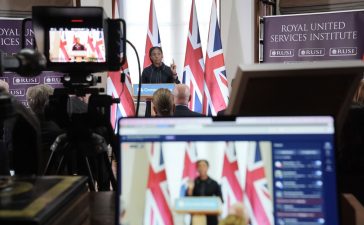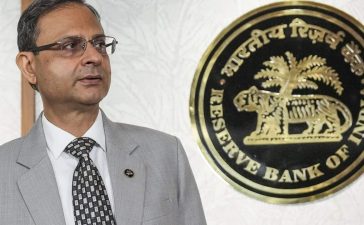Direct Line’s acting chief executive admitted that the UK insurer had been guilty of “over-optimism” about the threat from inflation and had not responded with big enough price rises, as it swung to a loss in its full-year results.
The FTSE 250 insurer said it was “pursuing a range of actions designed to both restore earnings and improve its solvency position” after a few months of turmoil that led to the company scrapping its dividend and losing its chief executive.
It swung from a £446mn pre-tax profit in 2021 to a £45mn loss in 2022 as the cost of motor insurance claims spiralled because of rising parts and labour costs. Direct Line also suffered the highest weather-related costs since listing a decade ago, at £149mn. Shares fell 7 per cent in early trading in London.
In the results statement, Jon Greenwood, acting chief executive, highlighted claims inflation and regulatory changes to pricing as major challenges for the year and said the business “did not navigate these challenges as effectively as we would have wished”.
He told the Financial Times that the company did not react to the inflationary environment, exacerbated by the Ukraine war, with big enough price rises.
“I think there was a degree of over-optimism there if I’m frank about it,” he said. “It’s an expert judgment at the end of the day and the judgments that were made clearly under-called inflation.”
Direct Line’s solvency ratio, its capital as a percentage of the regulatory minimum, fell to 147 per cent, slightly below analyst expectations.
The company did not take the opportunity to raise capital, though analysts at Barclays said that remained a “possibility once the final decision on the CEO is taken”. There was no update on the appointment process.
The insurer had been expected to take action to reinforce its balance sheet after a string of profit warnings beginning last July, when it said inflation in its claims costs had squeezed margins, forcing it to shelve £50mn in share buybacks.
In January, it scrapped its final dividend as motor claims worsened and a cold snap triggered home insurance payouts. Later that month, chief executive Penny James stepped down.
Direct Line’s shares have plunged more than 40 per cent over the past year, compared with a 30 per cent drop for peer Admiral, which revealed last week that similar motor and weather effects had pushed it to a group underwriting loss last year. That prompted a cut in its dividend.
Direct Line was founded in 1985 with £20mn funding from the Royal Bank of Scotland and a mission to cut out insurance brokers and sell insurance directly by telephone. It floated in 2012.
The article has been amended to make clear the annual profit figures were pre-tax










